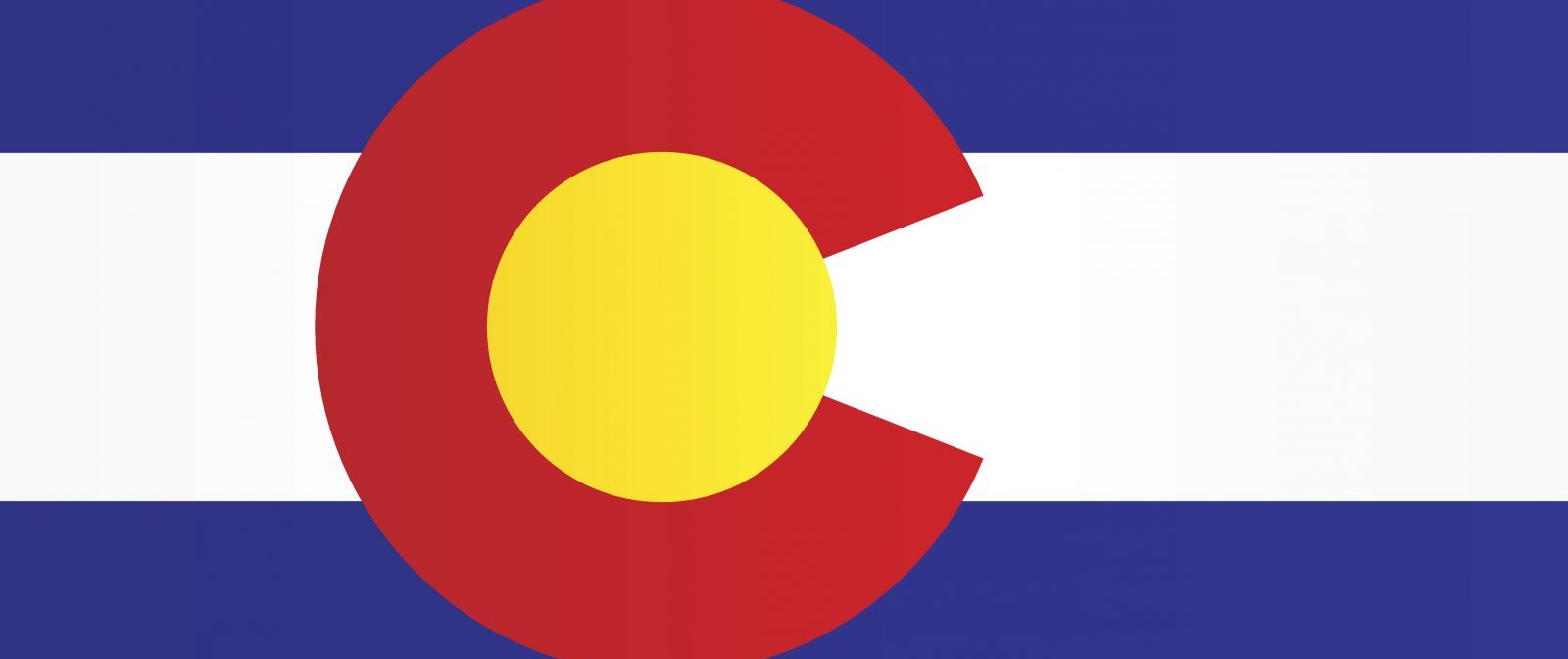
03 Feb Recap: AWAC town hall on mid-level practitioner bill and other significant changes to Veterinary Practice Act
Will Colorado’s Veterinary Practice Act be expanded to include mid-level practitioners and relax VCPR requirements for telehealth? A new bill put forth by the Animal Welfare Association of Colorado (AWAC) is proposing just that.
AWAC hosted a town hall on Wednesday, February 1 to share information about its upcoming bill that would include significant changes to the Veterinary Practice Act. CVMA notified members of the town hall and encouraged them to attend to learn more about what AWAC is proposing.
CVMA wants to ensure members are informed of proposed changes that could impact them. The AWAC bill is one of two bills that are expected to change the Veterinary Practice Act this year. The second bill will be introduced by Rep. Karen McCormick, DVM; CVMA will support that bill.
AWAC presented an overview of the key provisions included in its bill. Presenters included Anna Stout from Roice-Hurst Humane Society, Dr. Apryl Steele from the Dumb Friends League, Dr. Wayne Jensen from Colorado State University, and Ali Mickelson from American Society for the Prevention of Cruelty to Animals.
The bill would modify the Veterinary Practice Act in three key ways:
Create a pathway for veterinary professional associates (VPA), also known as a mid-level practitioner (CVMA does not support this provision)
- These professionals would be a master’s degree-level veterinary professional
- CSU is developing a program for a five-semester VPA master’s degree that would provide knowledge of infectious, metabolic, neoplastic, and degenerative diseases with a hands-on practicum experience; the first three semesters would be online with the last two semesters in-person
- The CSU program is targeting veterinary technicians with associates degree, foreign veterinarians, and qualified veterinary school applicants as potential participants for the VPA degree program
- VPAs would work under the direct supervision of a veterinarian, except in USDA shortage areas, where they would be permitted to work under indirect supervision (the supervising veterinarian would not need to be on the same premises)
- VPAs would provide care including examining and diagnosing pets, treating uncomplicated cases, providing preventive care, performing euthanasia, and performing dentistry and surgery
- The licensed supervising veterinarian would be liable for any work performed by a VPA under his or her supervision
- In 2028, VPAs would become regulated by DORA in Colorado
Relax VCPR requirements for veterinary telehealth in Colorado (CVMA does not support this provision)
- Would permit Colorado-licensed DVMs to establish a VCPR via electronic means; veterinarians would not need to establish a VCPR with a physical exam
- Veterinarians would not need to be associated with a brick and mortar veterinary hospital to be able to perform telehealth
- The veterinarian would determine when an in-person exam is needed to meet the standard of care
Expand the role of veterinary technician specialists (VTS) in Colorado (CVMA supports some of these provisions)
- Would permit a VTS to conduct exams, diagnose, and perform surgery within his or her specialty
- Like a VPA, a VTS would work under the direct supervision of a veterinarian except for in USDA shortage areas; a VTS could work under indirect supervision in those areas
- Only 2% of veterinary technicians have their VTS
Thank you to the CVMA members who attended the town hall and asked questions about the proposed bill. CVMA will share updated information with members as it becomes available.
Looking for more information about the veterinary professional associate and CVMA’s stance on it? Click here to read more.


